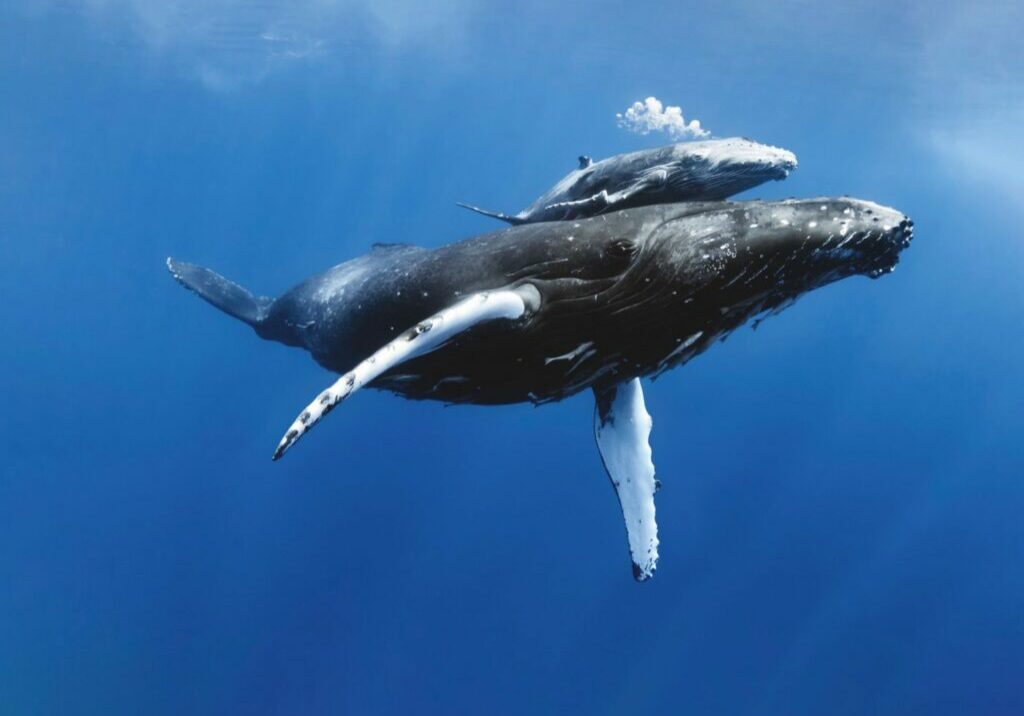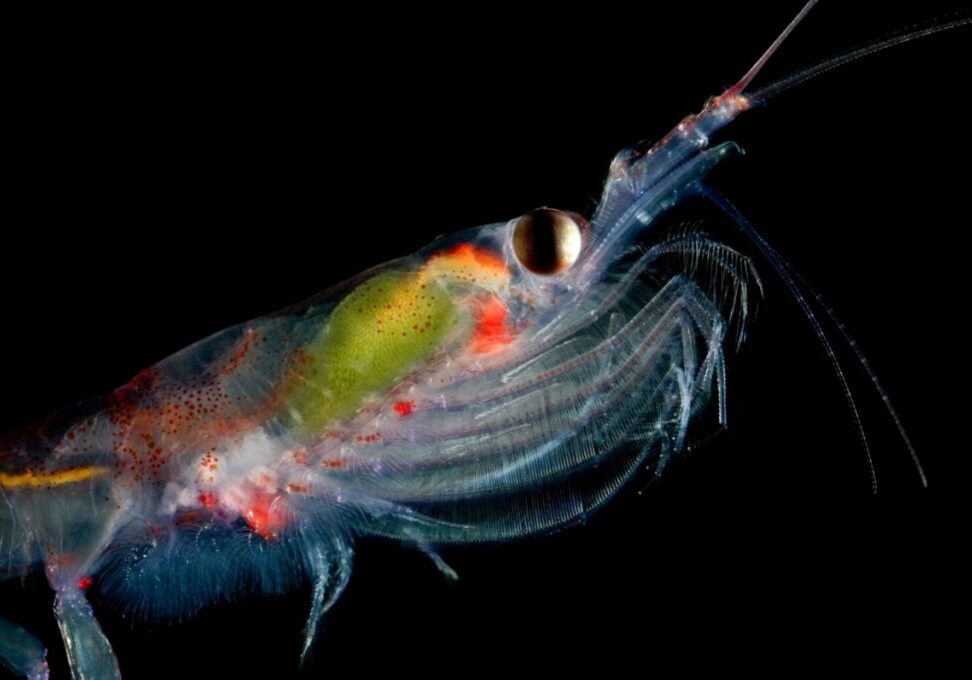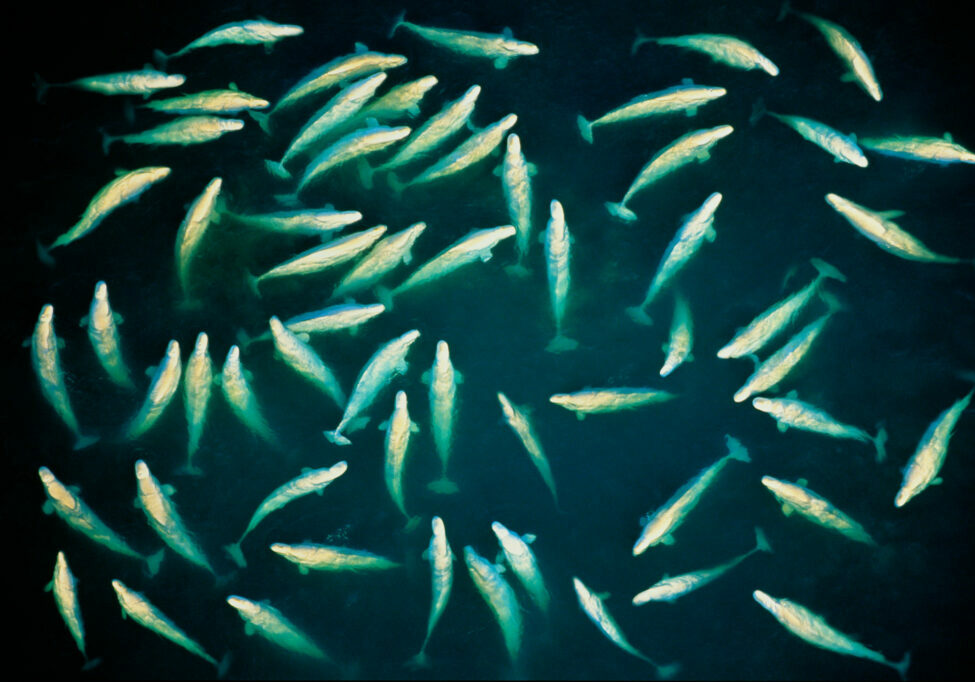With sea ice retreating faster than ever in the Antarctic, it’s essential that we find out how this is affecting the wildlife that lives in – and visits – this unique habitat.
Blue, fin, humpback and minke whales depend on the Southern Ocean’s feeding grounds to sustain them. But as the ice disappears, this is affecting the krill that the whales eat.
On a recent expedition to Antarctica, Chris Johnson – WWF’s global lead for whale and dolphin conservation – joined a team of whale ecologists to uncover the secrets of these magnificent marine mammals.
Studying wildlife in such a remote and inhospitable area can be tricky, but some inspiring tech makes the research much easier.
Navigating inflatable Zodiac boats, researchers skilfully steer around icebergs and use an extended pole to secure suction-cup tags onto the backs of whales.
No bigger than a mobile phone, these non-invasive digital tags capture movement, video recordings and audio samples that give us valuable insights into the whales’ feeding and migratory habits.
Watch: Tagging minke whales in Antarctica
Alongside tiny tissue samples and aerial images captured by drones, this vital data will help the team identify priority areas in the Southern Ocean as part of the Protecting Blue Corridors initiative to safeguard the migration routes of these whales.
Your support makes expeditions like this possible, and will help us work towards our goal of establishing a network of marine protected areas in the Antarctic.
Watch: Chris explains the whale-tagging expedition
Discover our work with whales
Visit our dedicated whale website to find out more about our worldwide conservation work to protect whales and dolphins
BANNER IMAGE © TRISTIAN RAY-WILKES / ONEOCEAN EXPEDITIONS
More to explore

Protecting whale highways
Human activities are creating a hazardous and often fatal obstacle course for migrating whales. Our new report highlights the growing dangers – and calls for urgent action to safeguard the oceans

